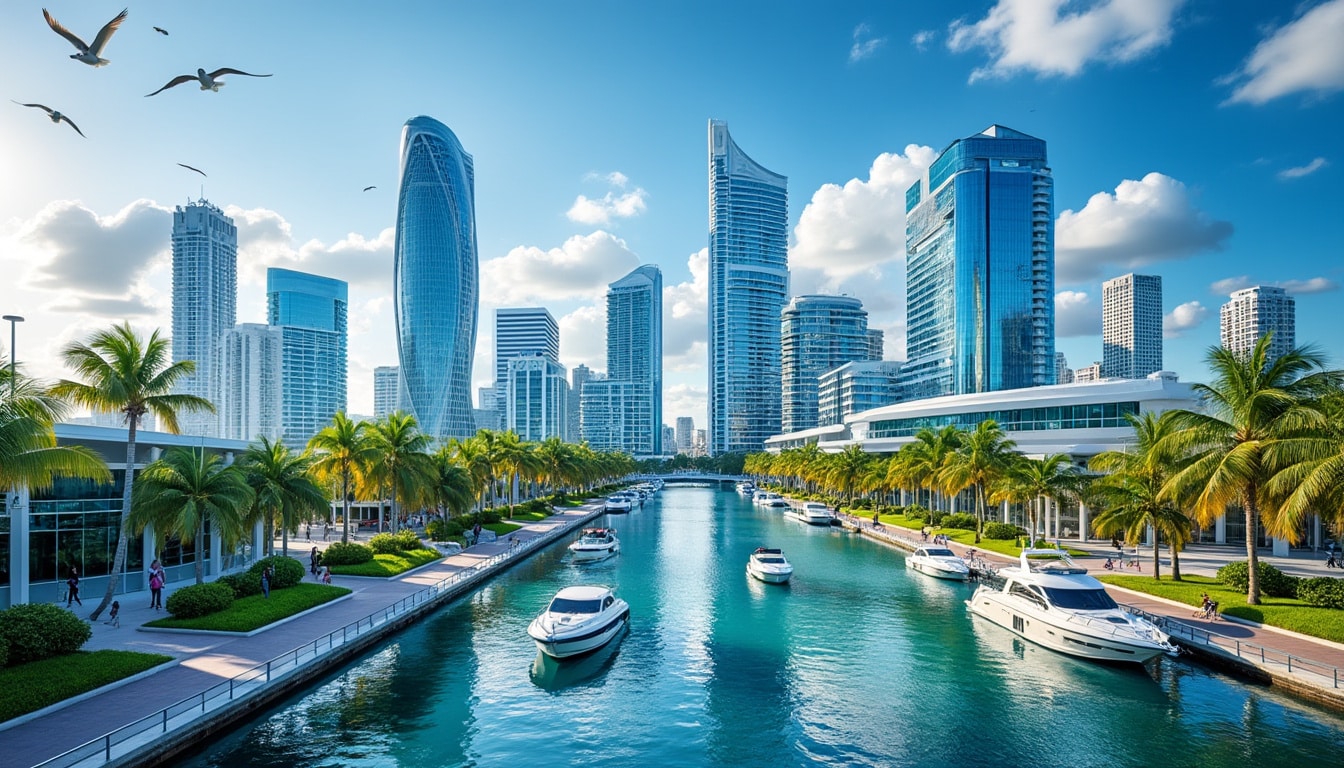Often referred to as the “Venice of America,” Fort Lauderdale, Florida is a destination that seamlessly blends history, innovation, and scenic beauty. This vibrant city is renowned for its extensive canal networks, pristine beaches, and an eclectic architectural landscape. On this journey, we will explore the defining architectural features and urban attributes that give Fort Lauderdale its unique character, making it a must-visit destination for both tourists and architecture enthusiasts alike.
Architectural Evolution: Tracing Fort Lauderdale’s Design Transformation
Fort Lauderdale’s architectural journey began in the 19th century with modest wooden homes and military forts, owing to its strategic significance during the Second Seminole War. As the city evolved, so did its architectural diversity. The early 20th century saw the Mediterranean Revival style becoming prominent, influenced by the warm climate and coastal setting. This era was marked by ornate facades, arched windows, and stucco walls, reflecting a connection to historical elegance.
As we transitioned into the late 20th century, modernist influences took hold, emphasizing functionality and simplicity. Key spearheaders of this movement included firms like HOK and Gensler, who prioritized urban practicality without compromising on aesthetic appeal. Iconic structures such as the Broward County Main Library showcase a blend of utilitarian design with visual impact, embodying the spirit of Fort Lauderdale’s modernization.
In recent years, contemporary designs have proliferated, characterized by minimalistic aesthetics and sustainable practices. From eco-friendly buildings powered by solar panels to smart homes equipped with advanced technologies, Fort Lauderdale continues to push the boundaries of architectural innovation. The Miami-based firm Studio Gang plays a pivotal role in this transformation, creating structures that harmonize with the natural surroundings while addressing urban living needs.
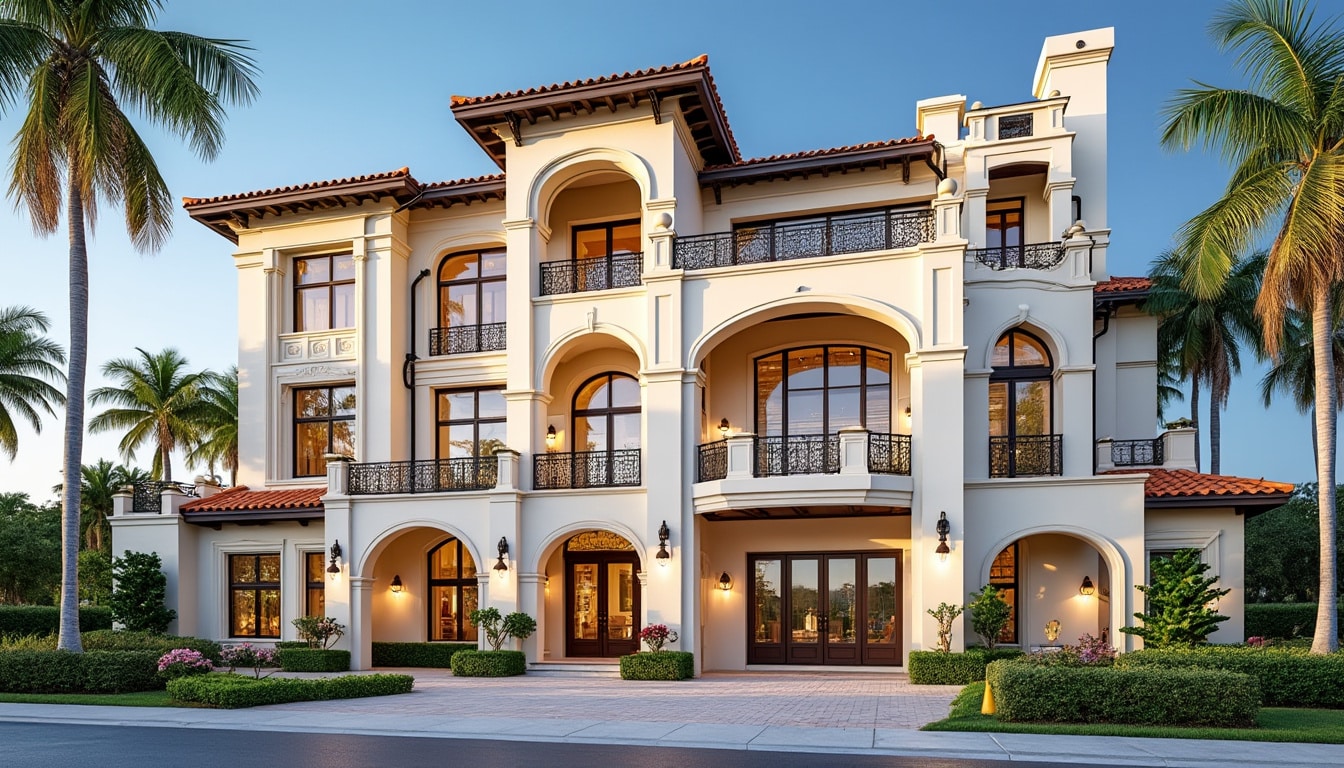
Preserving Heritage Amidst Modernity
While modern architecture continues to emerge, preserving the city’s historical structures remains a priority. Initiatives by local government and citizen groups have led to the restoration of landmarks, ensuring that the legacy of early settlers is not lost. Projects like the Historical Society of Fort Lauderdale aim to maintain architectural integrity while adapting existing buildings for contemporary use. This balance between preservation and innovation ensures that Fort Lauderdale maintains its unique charm.
The Role of Architecture in Fort Lauderdale’s Urban Development
Architecture is not merely about creating buildings; it plays a crucial role in shaping the urban landscape. In Fort Lauderdale, architecture intertwines with public life, enhancing the quality of urban experiences. The city has embraced a future-ready approach, focusing on creating spaces that are not only visually appealing but also environmentally sustainable. This involves the use of green technologies and designs that optimize natural resources, catering to the growing need for eco-friendly living solutions.
To better understand the integration of architecture and urban development, consider the Riverspeare neighborhood designed by Zaha Hadid Architects. Known for their avant-garde designs, this project showcases fluid lines and vivid frameworks that respect both the natural terrain and community needs. It’s a prime example of how thoughtful architectural planning can lead to vibrant, livable urban spaces.
Furthermore, the influence of architectural firms like Foster + Partners is significant. Their projects in Fort Lauderdale focus on creating mixed-use developments that combine residential, commercial, and cultural spaces. This holistic approach supports a diverse community while helping reduce urban sprawl, an issue pertinent to many growing cities.
Public Spaces as Catalysts of Urban Life
The emphasis on public spaces is paramount in urban planning, serving as communal hubs that foster interaction and cultural exchange. Projects such as the Fort Lauderdale Beach Park exemplify this philosophy, creating environments where nature meets design. With lush greenery, pedestrian-friendly pathways, and recreational areas, these architectures foster a sense of belonging and encourage community gatherings, adding vibrancy to the cityscape.
- 🏖️ Beaches serving as both recreational and aesthetic spaces
- 🔄 Mixed-use developments enriching urban living
- 🌿 Eco-friendly parks promoting sustainability
The Architects Shaping Fort Lauderdale’s Urban Landscape
The architects that contribute to Fort Lauderdale’s skyline play a crucial role in defining its identity. These visionaries, including famed firms such as Bjarke Ingels Group and SOM, are responsible for some of the city’s most iconic constructions. Their designs not only push aesthetic boundaries but also integrate contemporary technology and sustainability principles.
Moreover, fort Lauderdale offers numerous architectural tours that give insight into these creative geniuses’ influence. Walking through the Arts District reveals the fingerprints of architects like Kengo Kuma & Associates, whose work marries Japanese design principles with local culture, showcasing the global reach and multicultural heritage of the city.
Pioneering Sustainability in Architecture
Sustainability remains at the forefront of modern architectural practices in Fort Lauderdale. Innovative firms such as Harrison Design are leading the way, introducing energy-efficient designs that utilize sustainable materials. Solar panels, green roofs, and rainwater harvesting systems are standard inclusions, minimizing environmental impact while maximizing resource use.
| Architectural Feature | Firm | Environmental Benefit |
|---|---|---|
| Green Roof | Harrison Design | Reduces urban heat |
| Solar Panels | Bjarke Ingels Group | Harnesses renewable energy |
| Rainwater Harvesting | MAYA Design | Conserves water resources |
This focus not only addresses the environmental challenges but also aligns with the increasing demand for sustainable urban living among residents of Fort Lauderdale.
Architectural Tours: Exploring Fort Lauderdale’s Design Landscape
Fort Lauderdale’s rich array of architectural styles offers a feast for the eyes and inspiration for design enthusiasts. Architectural tours, whether self-guided or organized, present an opportunity to delve into the city’s evolving skyline. These tours often highlight the blend of historical and modern elements that define Fort Lauderdale’s urban scene.
On these tours, visitors can explore the iconic Bonnet House, a testament to early 20th-century architecture, or enjoy the sleek modernity of structures like the New River Yachts Building designed by Gensler. Each provides a unique narrative, illustrating how diverse influences have shaped the city’s development.
Integrating Technology into the Experience
The ascent of technology provides an augmented experience for architecture enthusiasts. Virtual reality tours offer detailed insights into architectural processes and design philosophies, guiding visitors through time and transformation. Guides incorporate interactive elements, enabling deeper understanding and appreciation for the craftsmanship involved in Fort Lauderdale’s towering structures and intimate spaces alike.
Fort Lauderdale’s Architectural Identity: Defining a Cityscape
The city’s architectural identity is not only defined by its past but also by its forward-looking aspirations. Contemporary architecture in Fort Lauderdale pays homage to past influences while embracing innovation. Initiatives encouraging mixed-material usage and adaptive reuse of existing spaces have allowed Fort Lauderdale to maintain its unique charm amid rapid development.
Urban planning efforts have integrated community feedback, fostering an inclusive approach to development. With climate considerations at the forefront, projects from firms like Kengo Kuma & Associates strike a balance between modernity and sustainability, positioning Fort Lauderdale as a leader in coastal urban development.
The city’s architectural landscape is not only a testament to the creativity of its architects but also a reflection of the dynamic interplay between history, culture, and innovation. This carefully curated balance ensures that Fort Lauderdale remains a hallmark of architectural excellence.
Embracing Cultural Influences
Fort Lauderdale’s architecture reflects its multicultural influences, with designs capturing elements from European, Caribbean, and Latin American styles. The linguistic diversity languages spoken in Fort Lauderdale within the city complements its architectural heterogeneity, showcasing a true melting pot of cultures.
The dynamic blend of structures welcomes both residents and visitors, offering a vibrant backdrop for stories to unfold. Whether through construction that stands tall against the Florida skyline or quaint neighborhoods nestled among waterways, Fort Lauderdale’s identity is intricately tied to its architectural tapestry.
| Cultural Influence | Architectural Example | Key Feature |
|---|---|---|
| European | Mediterranean Revival Homes | Arches |
| Caribbean | Beachfront Villas | Open Verandas |
| Latin American | Colorful Facades | Vibrant Colors |
FAQ
How has Fort Lauderdale’s architecture evolved over the years?
Initially marked by simple wooden structures, Fort Lauderdale has embraced a variety of styles, including Mediterranean Revival, modernist, and contemporary designs, reflecting its cultural and technological advancements.
What role do sustainable practices play in modern Fort Lauderdale architecture?
Sustainability is crucial, with many architectural firms integrating eco-friendly technologies like solar panels and green roofs to reduce the environmental impact of new developments.
Which architectural tours are popular in Fort Lauderdale?
Popular tours include visits to historical landmarks like the Bonnet House, modern sites like the New River Yachts Building, and the exploration of scenic canals, combining architectural insights with the city’s natural beauty.
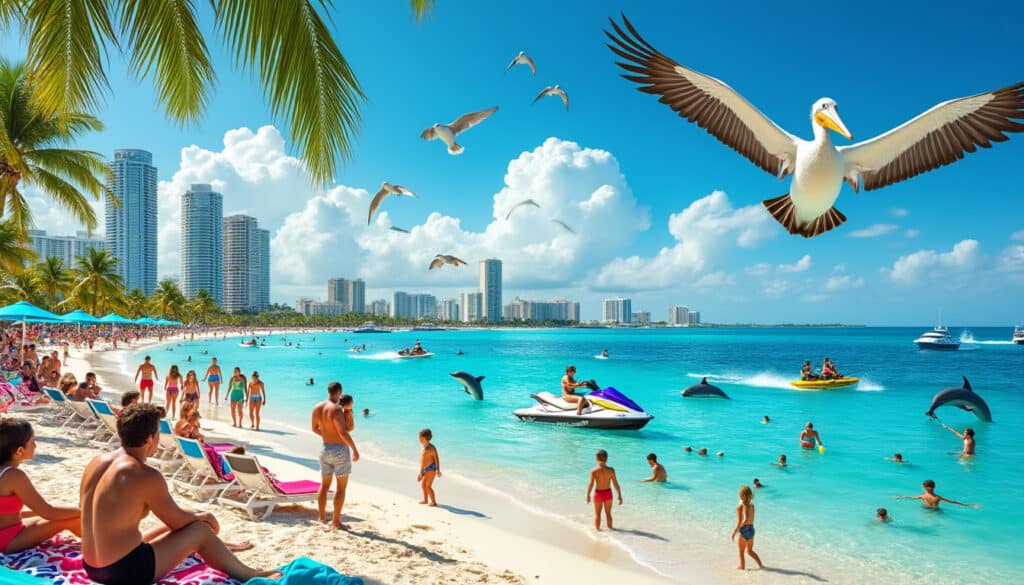
Fun Facts & Curiosities About Fort Lauderdale
Fort Lauderdale, a striking city in sunny Florida, has become a captivating destination for countless visitors worldwide. Known for its sparkling beaches, intricate canals, and vibrant culture, it offers more than just traditional tourist attractions. With fascinating history, an array…
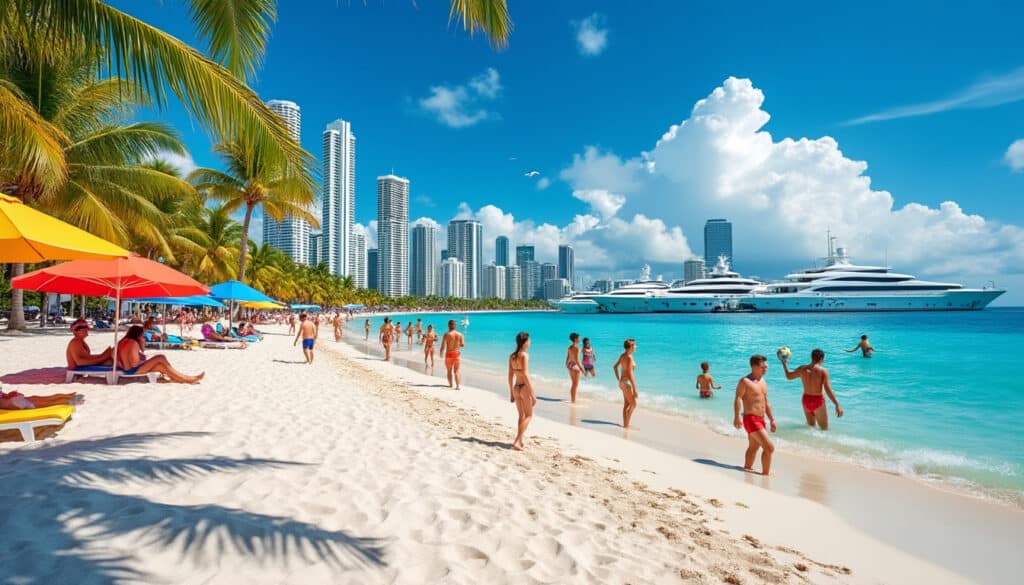
Basic facts about Fort Lauderdale
Fort Lauderdale, known as the “Venice of America,” is a vibrant city set against the picturesque backdrop of Florida’s Atlantic coastline. It is a bustling hub that features a unique blend of stunning beaches, a complex network of canals, and…
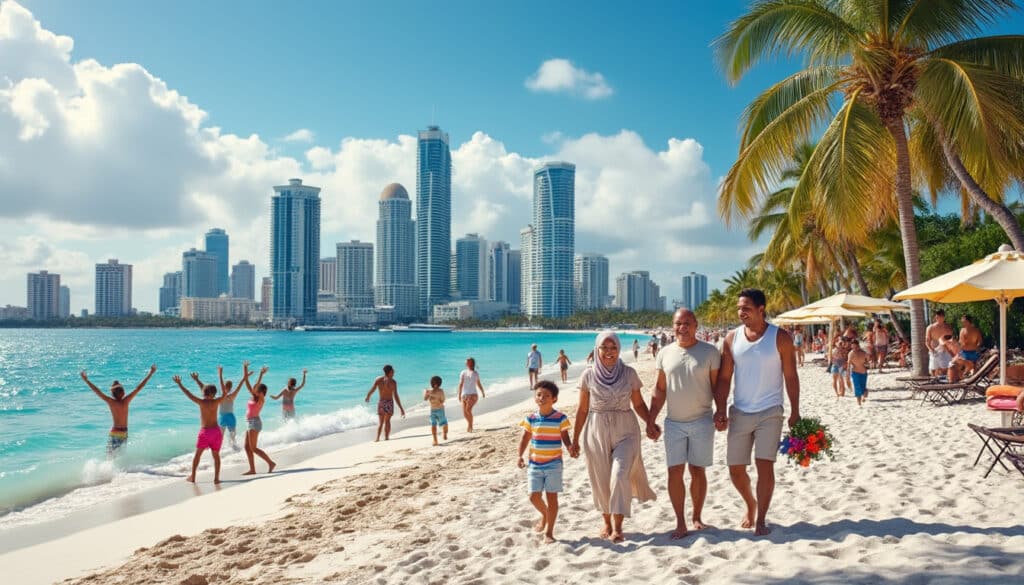
Demographics and geography of Fort Lauderdale
Fort Lauderdale, known as the “Venice of America” for its expansive and intricate canal system, offers a rich tapestry of demographics and geographical allure. This coastal gem, with its pristine beaches and vibrant cultural scene, attracts visitors and residents alike.…
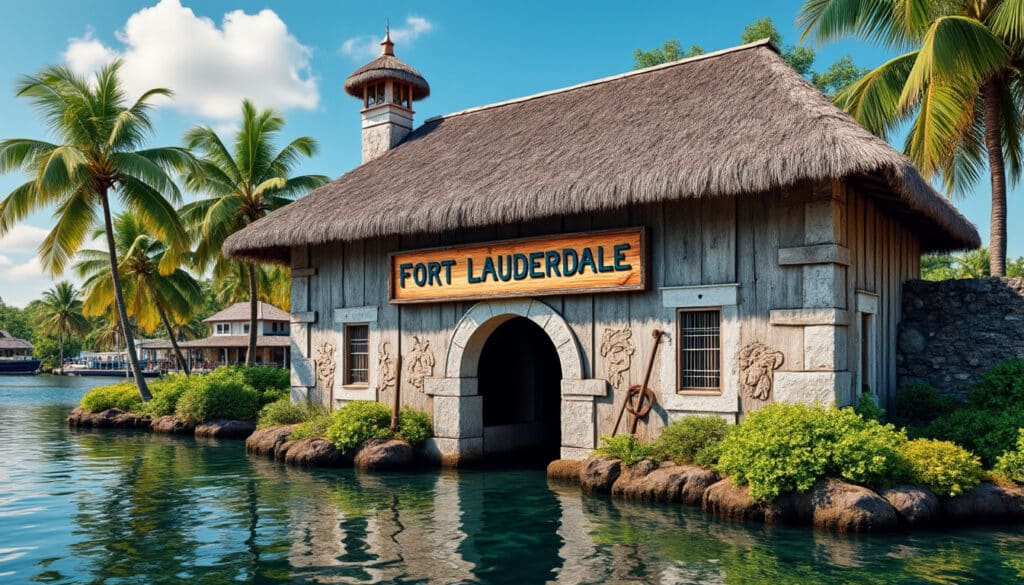
Early Indigenous Inhabitants and European Encounters The history of Fort Lauderdale is closely interwoven with the stories of its early inhabitants and the encounters they had with European explorers. Archaeological evidence suggests that the first natives in the Broward County…

Holidays and celebrations in Fort Lauderdale
In the Sunshine State, Greater Fort Lauderdale shines brilliantly during the holiday season, offering an enticing fusion of tradition, culture, and modern flair. Whether seeking holiday lights along Las Olas or enjoying beachfront festivities, this area provides a wealth of…
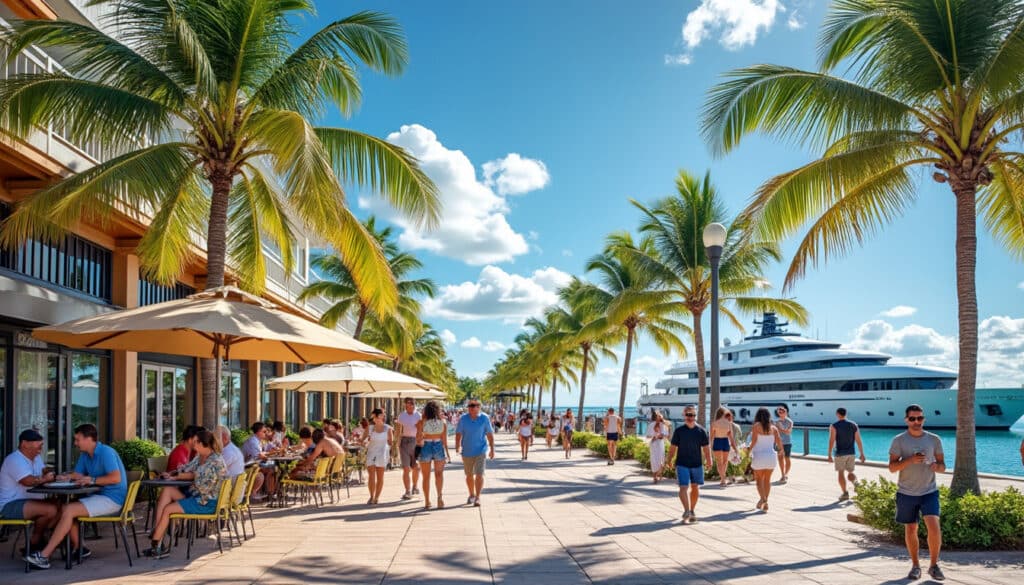
Language and spelling of Fort Lauderdale
Nestled along the sun-drenched shorelines of Florida, Fort Lauderdale stands as a vibrant hub of culture, tourism, and maritime allure. Renowned for its sprawling beaches and dynamic urban life, this coastal gem offers a plethora of intriguing elements to explore,…
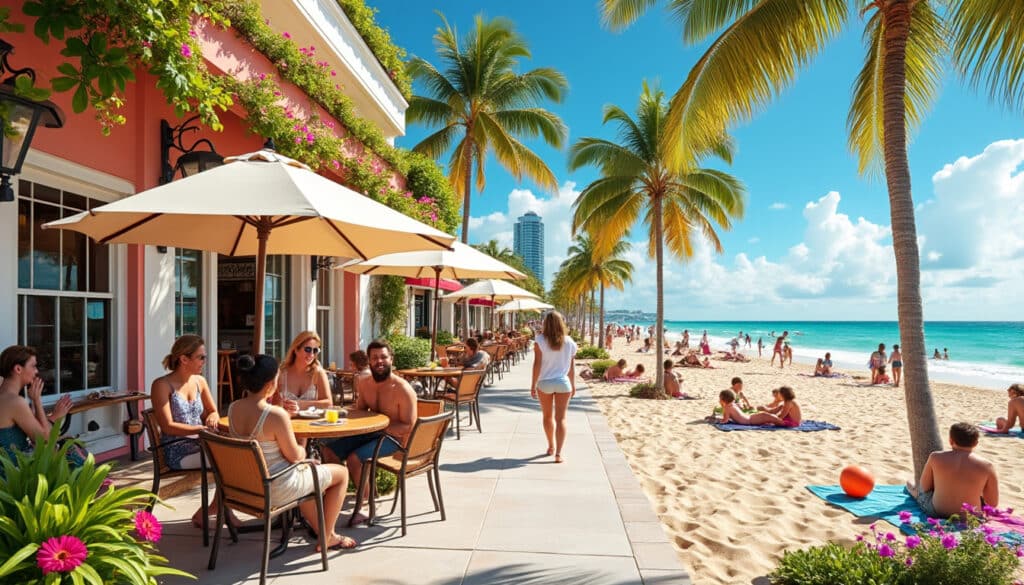
Local tips for tourists in Fort Lauderdale
Fort Lauderdale, often referred to as the “Venice of America,” is a vibrant hub for tourists seeking sun, sand, and a touch of culture. Nestled on Florida’s southeastern coast, this city offers a plethora of activities tailored for both beach…

Names, flags, and identity of Fort Lauderdale
Renowned for its beautiful coastlines and vibrant yachting scene, Fort Lauderdale’s name is steeped in a rich history that combines military feats, cultural evolution, and natural beauty. Nestled in sunny Florida, this city has grown from a strategic military fort…
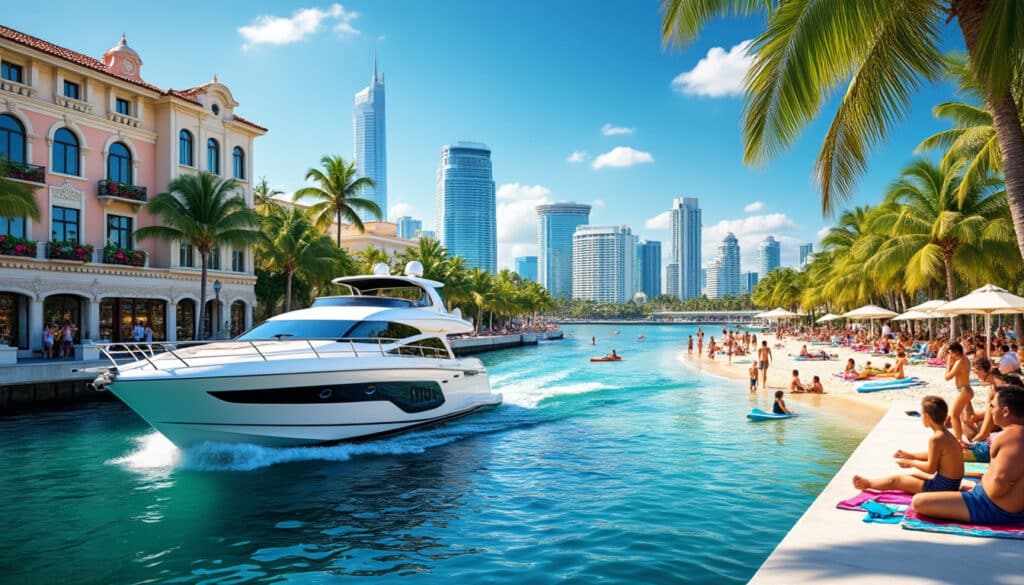
Reputation and identity of Fort Lauderdale
Fort Lauderdale, often overshadowed by its flashy neighbor Miami, possesses its own unique blend of characteristics that contribute to its reputation and identity. Known as the “Venice of America,” this enchanting city is home to an extensive network of canals,…
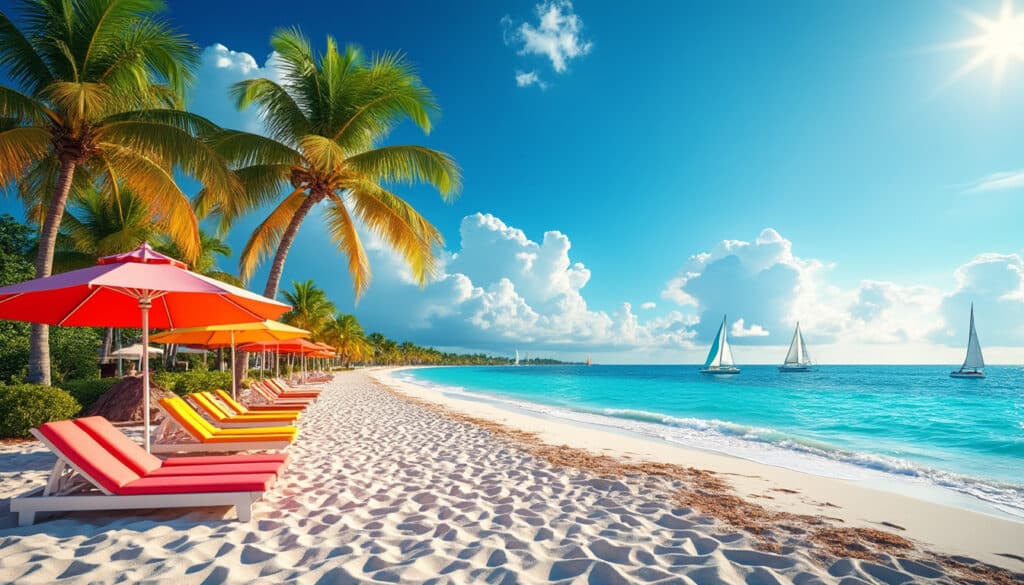
Climate & Weather in Fort Lauderdale
Fort Lauderdale, a sun-drenched paradise in Florida, is famed for its picturesque beaches, intricate canal system, and ultimate vacation allure. Understanding the climate and weather patterns of this coastal city is essential for travelers and residents alike. Knowledge of the…
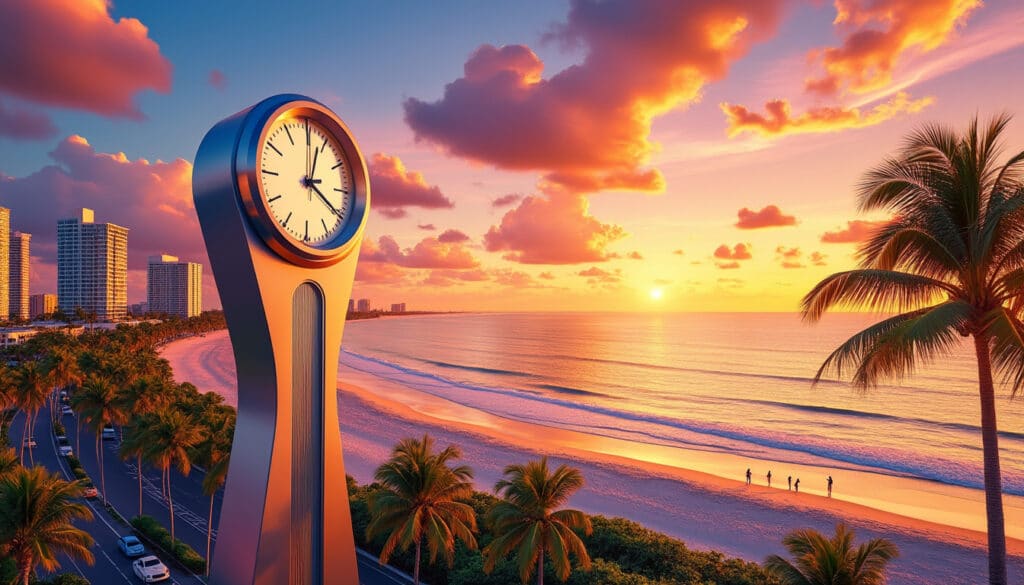
Time and time zone in Fort Lauderdale
🌴 Known for its beautiful beaches and bustling culture, Fort Lauderdale offers more than just scenic views. A hub of diverse experiences, it’s a place where time gains a unique dimension. From the daily rhythm determined by its Eastern Time…

Unusual facts and social issues in Fort Lauderdale
Fort Lauderdale, often recognized for its sun-kissed beaches and vibrant nightlife, harbors an array of unusual facts and social intricacies that paint a more complex picture of this coastal city. Known as the “Venice of America” due to its vast…
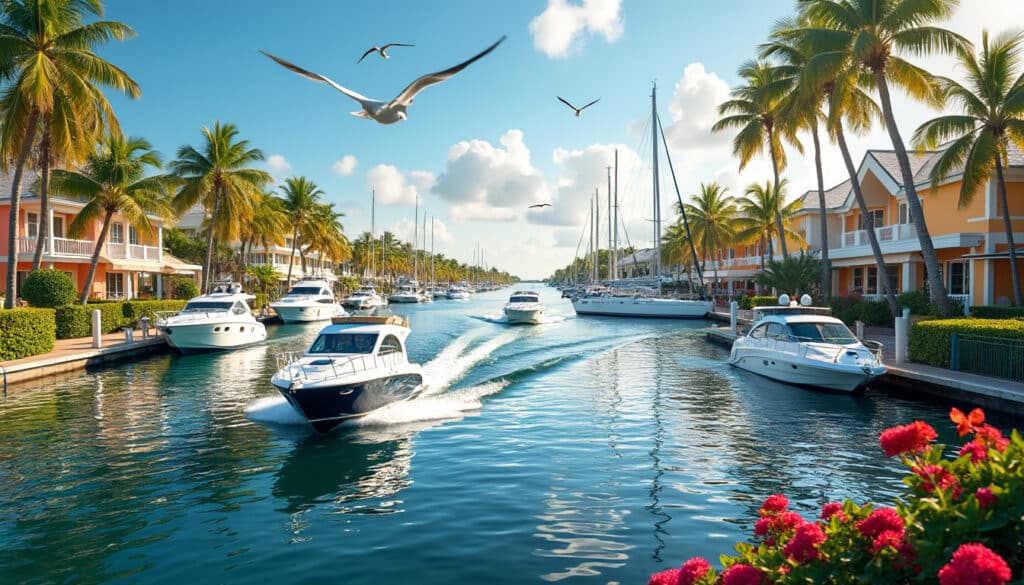
What does Fort Lauderdale look, smell, feel like?
Exploring the vibrant city of Fort Lauderdale can be a multi-sensory adventure with its stunning waterways, bustling arts scene, and culinary delights that offer an immersive experience for locals and tourists alike. Known for its nickname, the “Venice of America,”…

